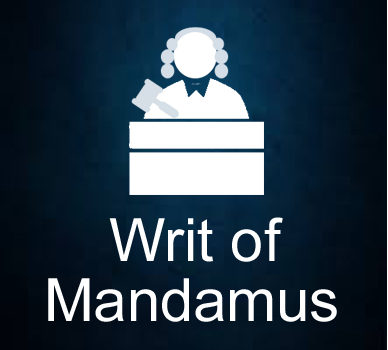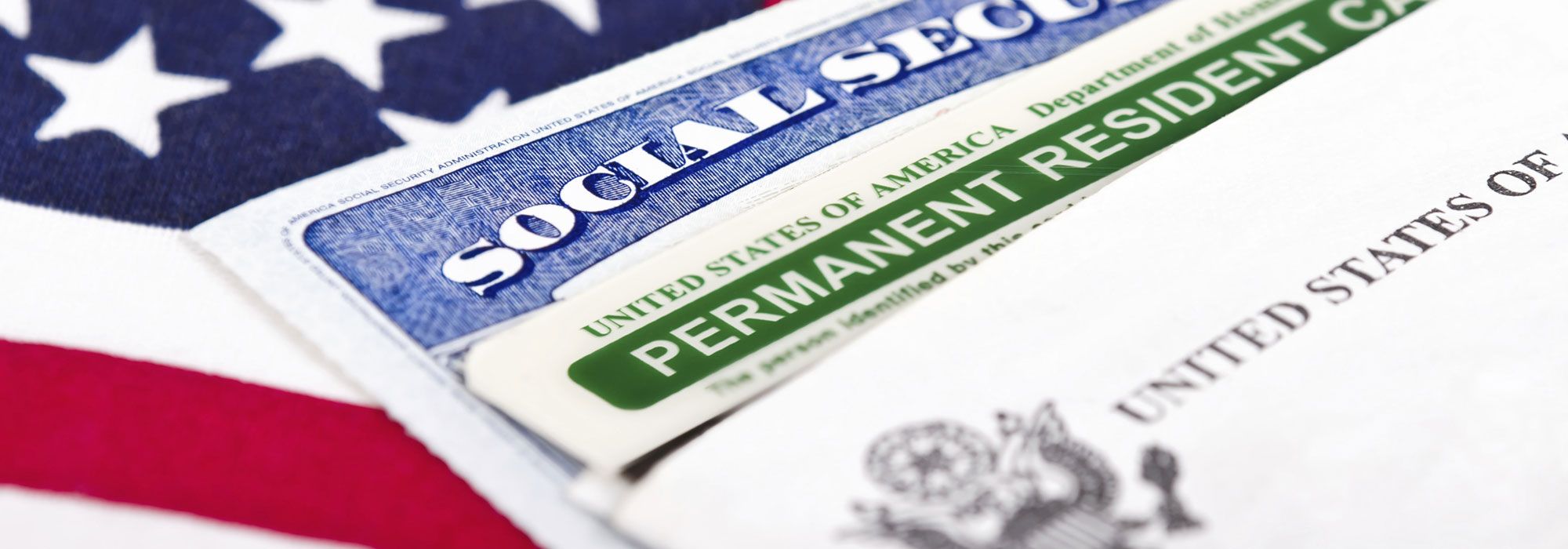Writ of Mandamus الزام ادارات دولتی به رسیدگی به درخواست ها
Category : Immigration Law
الزام ادارات دولتی به پاسخ گویی در رابطه با درخواست ها ظرف مهلت مقرر قانونی یا مدت زمان متعارف از طریق Writ of Mandamus
افرادی که مدت زیادی را در انتظار تعیین تکلیف پرونده های مهاجرتی خود مانده اند بویژه افرادی که درخواست ویزای آن ها مدت ها است که در مرحله Administrative Process قرار دارد احتمالا اصطلاح نامانوس Writ of Mandamus را شنیده اند. این اصطلاح در واقع نام حقوقی نوع خاصی از دعوا است که در دادگاه های فدرال علیه ادارت و سازمان های دولتی اقامه می شود و خواسته آن الزام اداره یا سازمان دولتی طرف دعوی به رسیدگی به درخواست ارائه شده در ظرف مهلت مقرر قانونی (یا در صورت عدم وجود تصریح قانونی ظرف مدت زمانی معقول) است. در این دعوا افرادی که مدت زیادی را منتظر دریافت تصمیم نهایی در رابطه با درخواست خود بوده اند از دادگاه فدرال درخواست می کنند که اداره طرف دعوا را ملزم به رسیدگی و اعلام تصمیم نهایی کند. طرح Writ of Mandamus در دادگاه تقریبا تنها راه حل حقوقی موجود برای افرادی است که مدت زمان زیادی را در انتظار دریافت تصمیم نهایی در پرونده مهاجرتی خود بوده اند. این دعوا اگر به شکل صحیح و در زمان مناسب اقامه شود می تواند گره کور بسیاری از پرونده های مهاجرتی را باز کند. با این حال قبل از طرح این دعوی باید به دو نکته اساسی توجه داشت:
1- اگر اداره دولتی طرف دعوی به دلیل نقص در پرونده یا عدم تکمیل آن به دلیلی که خارج از کنترل آن اداره است نتواند به درخواست مهاجرتی فرد رسیدگی کند، دادگاه Writ of Mandamus را رد می کند. برای مثال اگر وزارت خارجه به دلیل عدم دریافت پاسخ استعلام چک امنیتی از صدور ویزا خودداری کرده باشد، دادگاه نمی تواند وزارت خارجه را به اخذ تصمیم بدون تکمیل پرونده و قبل از دریافت نتیچه استعلام ملزم کند. اما اگر برای مثال وزارت خارجه در ارسال پرونده برای چک امنتی کوتاهی کرده باشد یا پس از دریافت نتیجه استعلام پرونده را به جریان نینداحته باشد، Writ of Mandamus می تواند کارگشا باشد.
2- قبول درخواست Writ of Mandamus و الزام اداره طرف دعوی به اخذ تصمیم در رابطه با درخواست متقاضی، به معنای الزام آن اداره به اخذ تصمیم به نفع متقاضی و تایید درخواست وی نیست. برای مثال اگر فردی مدتی طولانی را در انتظار دریافت ویزا بوده و دادگاه وزارت خارجه را ملزم به اخذ تصمیم در رابطه با درخواست ویزای آن فرد کند، وزارت خارجه می تواند در چهارچوب قوانین آمریکا به درخواست ویزای فرد پایخ منفی بدهد.
بنابراین Writ of Mandamus اگرچه می تواند در بسیاری از موارد کارگشا باشد اما استفاده از آن برای تمام پرونده هایی که با مشکل طولانی شدن زمان رسیدگی مواجه هستند قابل توصیه نیست.
https://t.me/attorneykrazaghi



